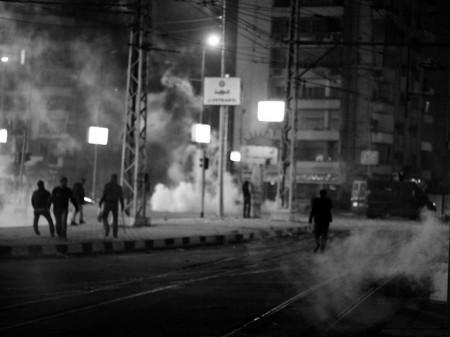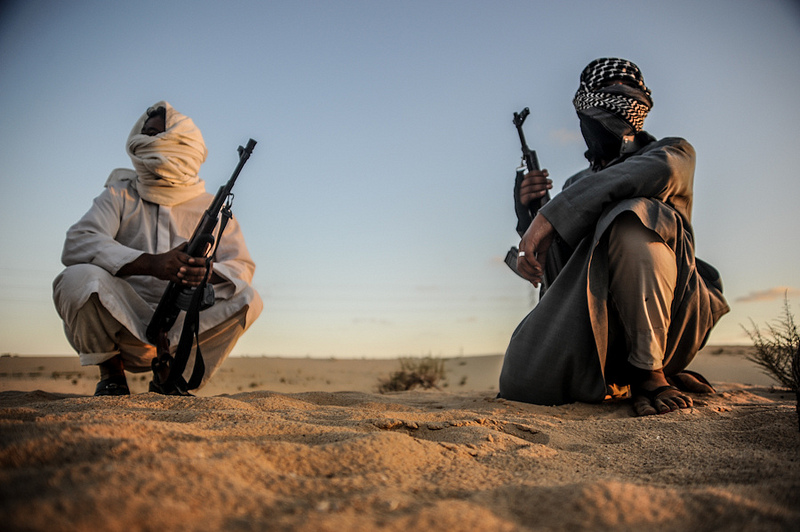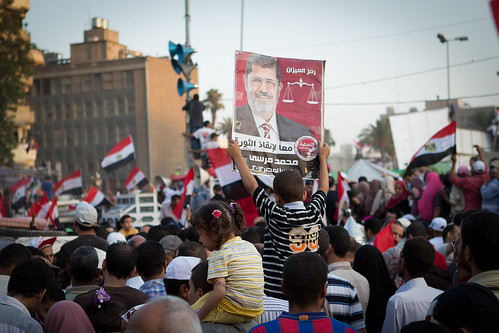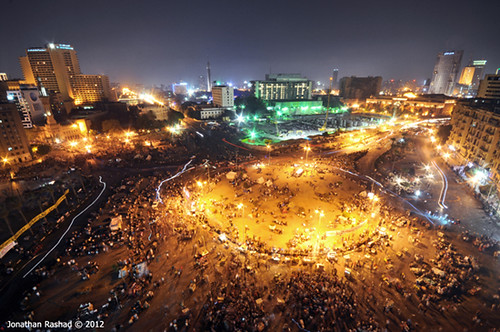
The end will justify the means to unite the Islamic peoples into a world of virtue and prosperity to where the Muslim Brotherhood says that it will bring them. Egypt is their launching platform. The entire Islamic world is their objective.
If they were running for office in the United States or any European country on their economic platform of job creation, the sanctity of private property, and a social safety net, they will likely win. It all sounds perfect. Then, you learn that you have just voted for the Muslim Brotherhood.
Members of the movement come from the upper levels of Egyptian society. They are the businessmen, doctors, university professors, military officers, and other professionals. Over their eighty four year history, they have infiltrated every area of government, education, and industry.
If its economic policies are all there is about the movement, it would pose no threat in the public mind. What does frighten so many is the secrecy that shields the organization from scrutiny and the negative propaganda spread by worried authoritarian regimes. Under such circumstances, it is understandable that the attacks by various governments would have forced the Brotherhood to protect itself beneath a cloak of secrecy.
They have grown in societies that are authoritarian, corrupt, and have shown little inclination to invest in the development of the society. Saudi Arabia has a quarter of its youth unemployed in spite of the wealth generated by the vast oil resources. Beyond the petroleum industry, the Kingdom has done little to expand its economy in order to absorb the coming generation: and that is true of most of the region where sixty-five percent of the population is under the age of twenty-nine years.




